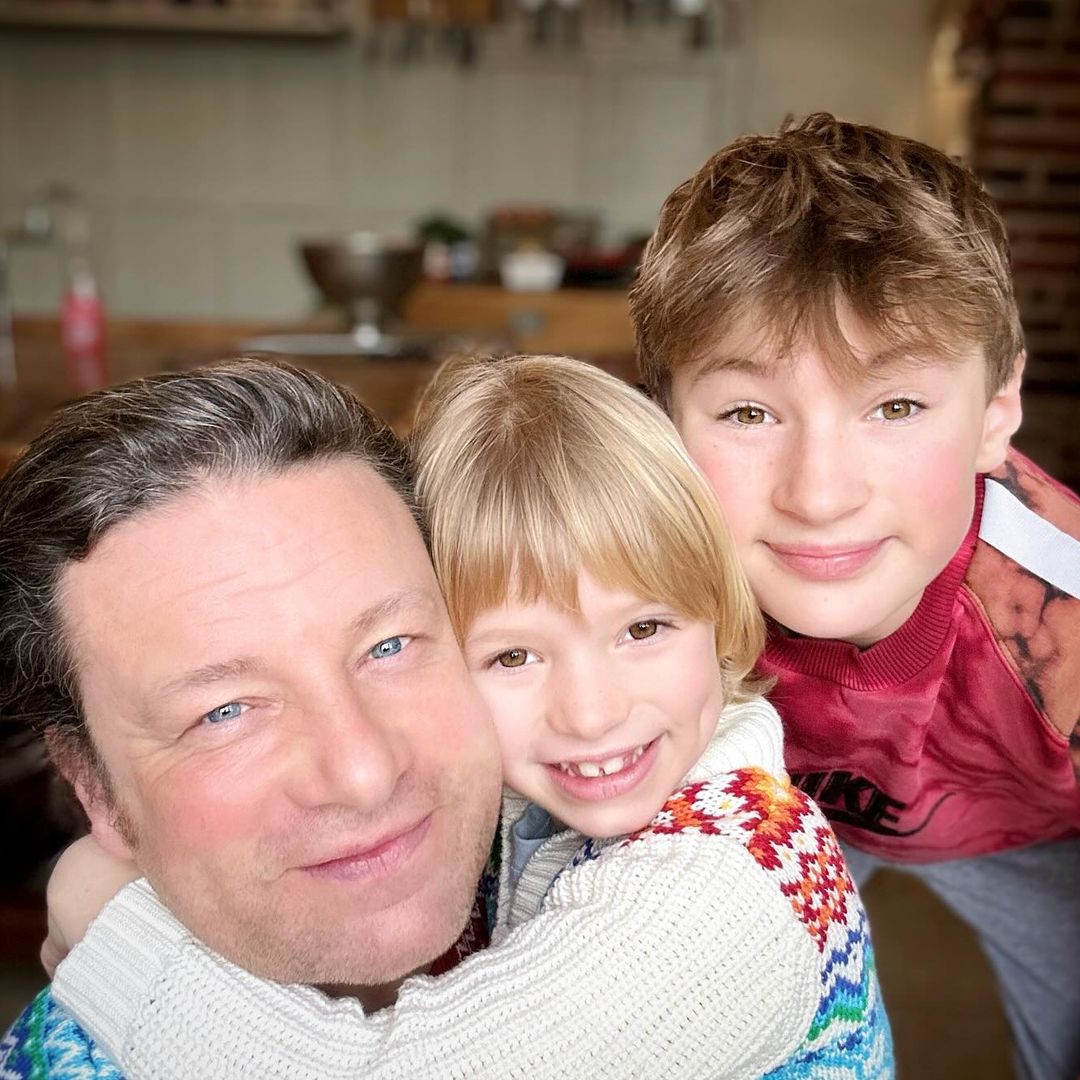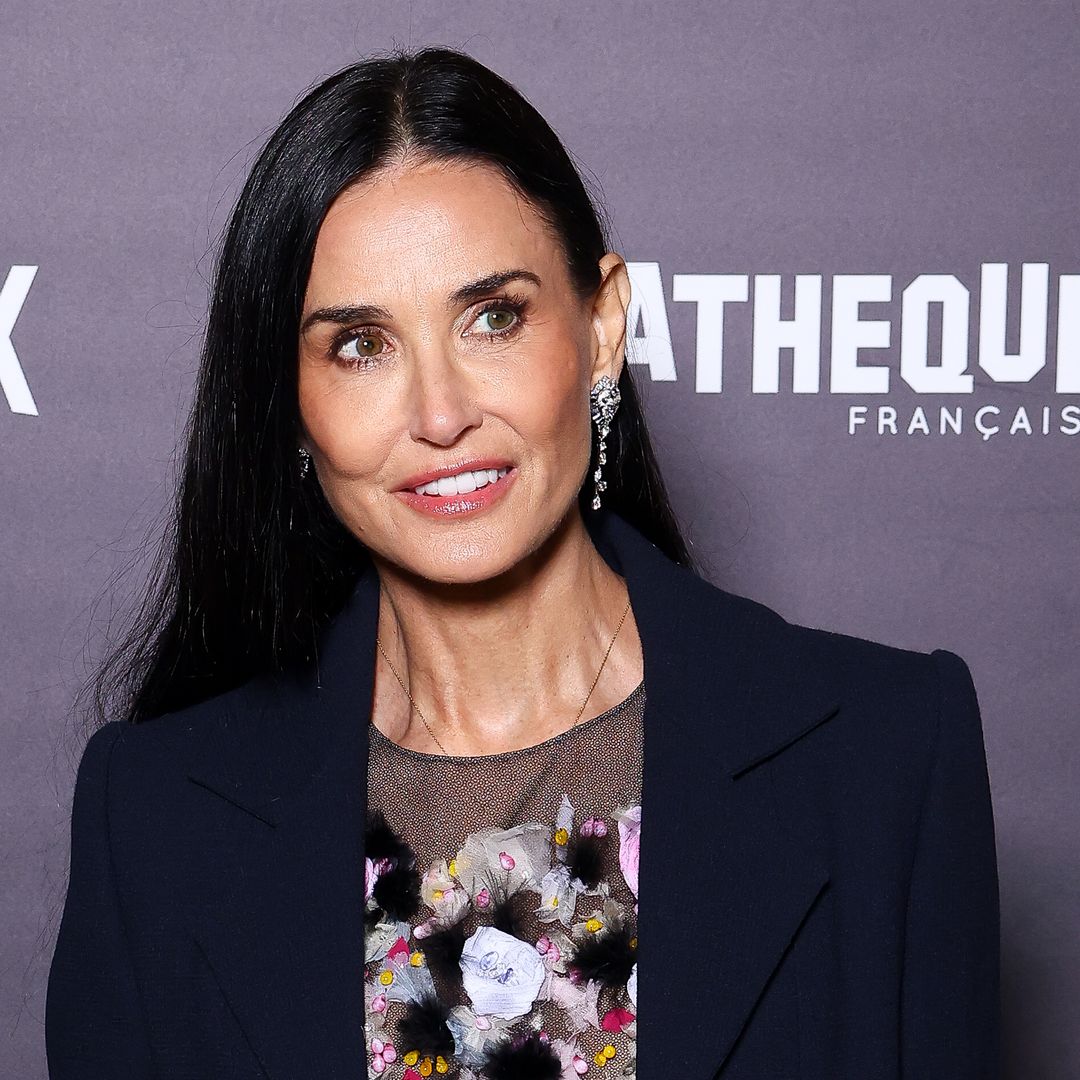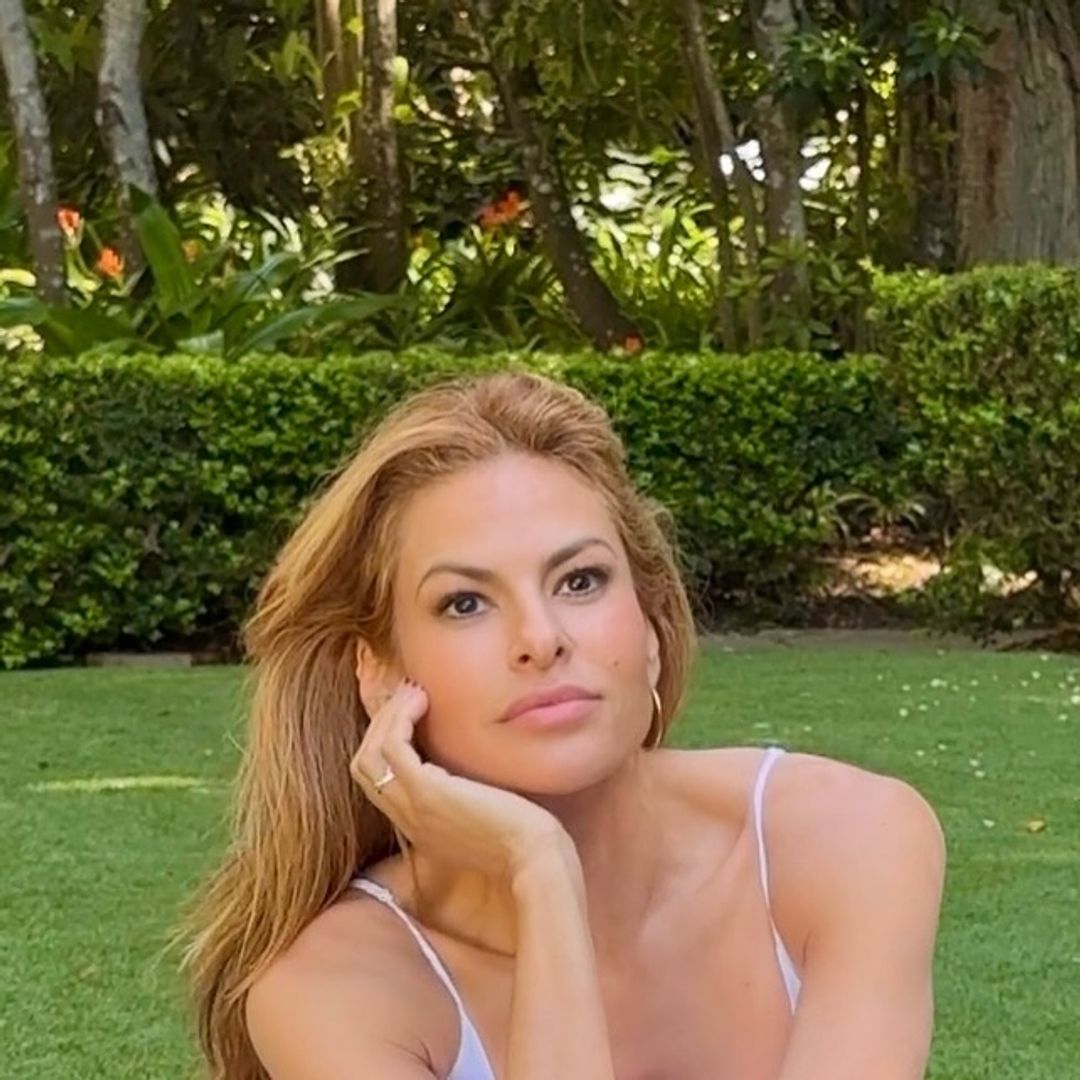Whooping with laughter, the small children chasing an old football around the village disappeared in a cloud of dust as I joined in their game. A handful of women were pounding maize while elsewhere a young man was repairing his bicycle, and another was carefully distilling home-made gin, using a small fire and an old car tyre.
This was Kawaza village in Zambia in the heart of sub-Saharan Africa, and my first African adventure.
I was on safari, but one which also gave me a unique chance to spend time in a traditional community. Robin Pope Safaris is based in the South Luangwa National Park, and is run by Zambian-born Robin and his English-born wife Jo. Bush dinners under the stars, early breakfasts, and plenty of open-top jeep safaris ensure great opportunities for wildlife spotting in the Lunangwa valley. In just a few days I watched a troop of baboons chasing each other around an ebony grove and a family of hyena fighting over the carcass of a kudu (antelope). I ate dinner to the sound of roaring lions and I fell asleep to the sound of snoring hippos.
The flora and fauna are truly amazing, but what makes Robin Pope Safaris special is their input into the local communities by way of cultural tourism. One such project, started as an effort to end the villagers’ feeling of exclusion from the safaris, offers visitors the chance to stay amongst the local families to immerse themselves in the local culture, and that’s exactly what I did.
Once settled in to my own hut, made from mud with a thatched roof and a grass door, I was proudly taken on a tour. Guests are encouraged to participate in whatever’s going on, which might mean going into the bush to tend crops, cutting tall grasses for thatching, or even helping to build a new hut. One of my tasks was to help the young girls collect the daily water from the pump just outside the village.
A highlight for many is a visit to a traditional healer. Unfortunately, I had been offered some home-brewed beer en route – which is against the ‘traditional healing rules’ as alcohol affects the ritual – and therefore I couldn’t be ‘seen’. But Ken the photographer decided to take my place, and I was permitted to watch the amazing ritual. The healer gave Ken the same diagnosis as a Harley Street doctor had weeks earlier about his blood pressure and weight.
Later, as the blood-red sun settled into the horizon, traditional song and dance echoed across the African plains. What had started as a simple gathering – myself and a dozen villagers – soon swelled to several hundred beaming faces. And when the dancing ended, the traditional stories around the campfire began.
The next day after a wash (using a small tin bath and a scoop for the water) and breakfast we were off to the local school. The Kawaza village project is about cultural exchange and the school was the perfect opportunity for the children to interrogate me: “Where do you live?”, “How far away is it?”, “How many wives do you have?”, “What work do you do?” (try answering that when they have never seen a TV or a magazine).
My overnight stay at Kawaza was an experience I shall remember forever, above all the warmth and friendliness of the villagers. Not once did I feel like a voyeur, more a connoisseur, sampling and tasting a new culture.
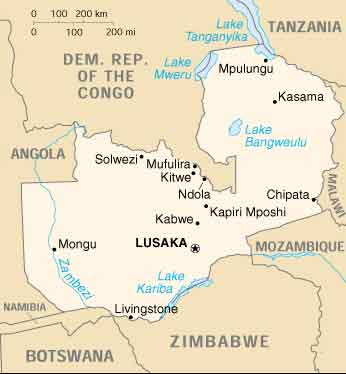 Photo: © Alphapress.com
Photo: © Alphapress.com
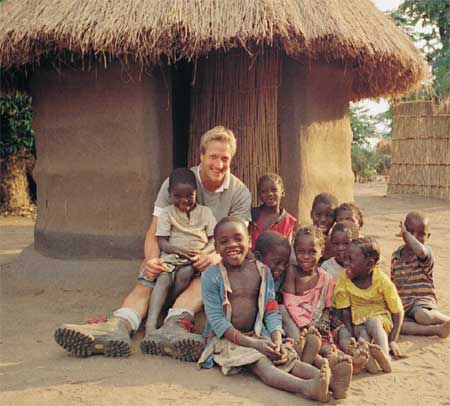 Photo: © Alphapress.com
Photo: © Alphapress.com
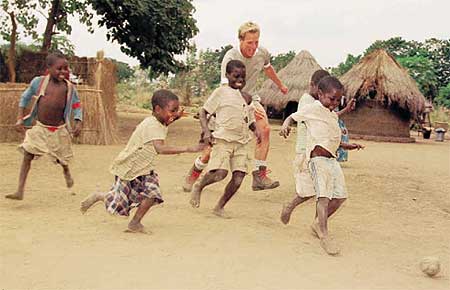 Photo: © Alphapress.com
Photo: © Alphapress.com
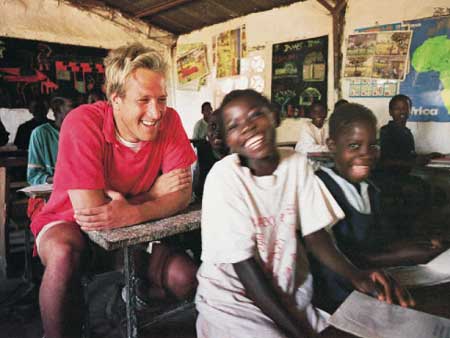 Photo: © Alphapress.com
Photo: © Alphapress.com


